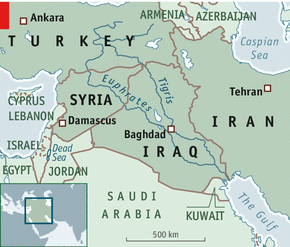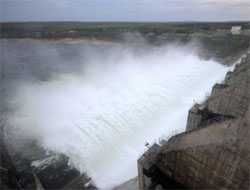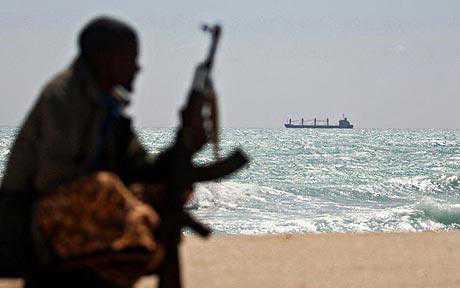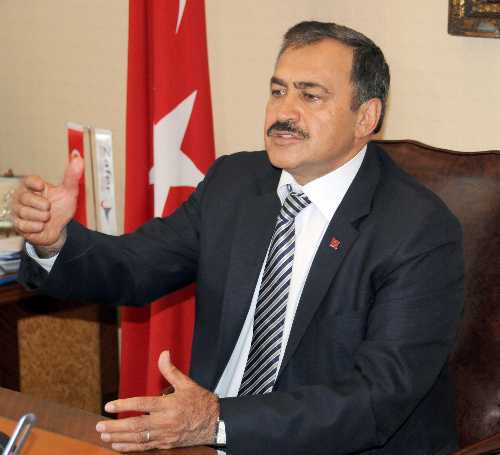[Entry Note: LMGlobal.Org is a “Specially Accredited” NGO to the #UN2023WaterConference during the 1st Round of the Applications in August 2022 – Bircan Ünver]
FYI.

As the UN 2023 Water Conference approaches here are some key updates for how you can be part of this milestone event:
- Registration is now open for accredited non-governmental organizations, civil society organizations, academic institutions, the scientific community, the private sector and philanthropic organizations – Register
- Open call for Side Events has been extended, the new deadline is 20 January 2023 – Apply
- Thematic webinars to help stakeholders participate in the conference and contribute to the Water Action Agenda will be held on 17 and 18 January 2023 – Register.
Register your delegation to participate in the UN 2023 Water Conference – Registration is open from 9 January – 10 February 2023
Registration for non-governmental organizations, civil society organizations, academic institutions, the scientific community, the private sector and philanthropic organizations and other actors will be open from 9 January to 10 February, each accredited organization will be able to request registration up to 10 representatives.
- ECOSOC Accredited Organizations: Register here
- Specially Accredited Organizations: Register here
The results of the second round of Special Accreditation has been published here.
Open Call for Side Events extended – Deadline: 20 January 2023
Side events can be organized in connection with the UN 2023 Water Conference, either in-person or virtually, by Member States, the UN system, Intergovernmental Organizations and accredited non-governmental stakeholders. Priority will be given to events organized by Member States and those organized in partnership by several organizations. Side event organizers are encouraged to contribute to the Water Action Agenda by announcing or showcasing their own voluntary commitments. For additional details and guidance on how to submit a side event proposal, including Guidelines, please visit the website: https://bit.ly/Water2023SideEvents.
APPLY NOW
- To apply for an in-person side event inside the UN Headquarters:
- To apply for an in-person side event outside the UN Headquarters:
- To apply for a virtual side event: https://bit.ly/Water2023SideEventVirtual
Multi-Stakeholder Thematic Webinars | 17 – 18 January, 9:00 – 11:00 AM EST
Register now:
The UN 2023 Water Conference will be held in New York, from 22 to 24 March 2023. The Conference will be co-hosted by the Kingdom of the Netherlands and the Republic of Tajikistan.
The Multi-Stakeholder Thematic Webinars will be held virtually on 17 and 18 January 2023 from 9:00 – 11:00 AM (EDT) as an additional opportunity for stakeholders to prepare for the UN 2023 Water Conference, including to encourage their contributions to the Water Action Agenda (WAA).
- Interested stakeholders should register online by 16 January 2023 using this form: https://bit.ly/ThematicWebinarsRegistration
The webinars aim to inform participants on the opportunities for engagement in the UN 2023 Water Conference and the WAA by sharing perspectives and expectations on the voluntary commitments and encouraging and inspiring stakeholders to register transformative gamechangers and voluntary commitments to the WAA.
For more information about the webinar, please visit:
Any questions?
Visit the UN 2023 Water Conference website or email us: [email protected]





